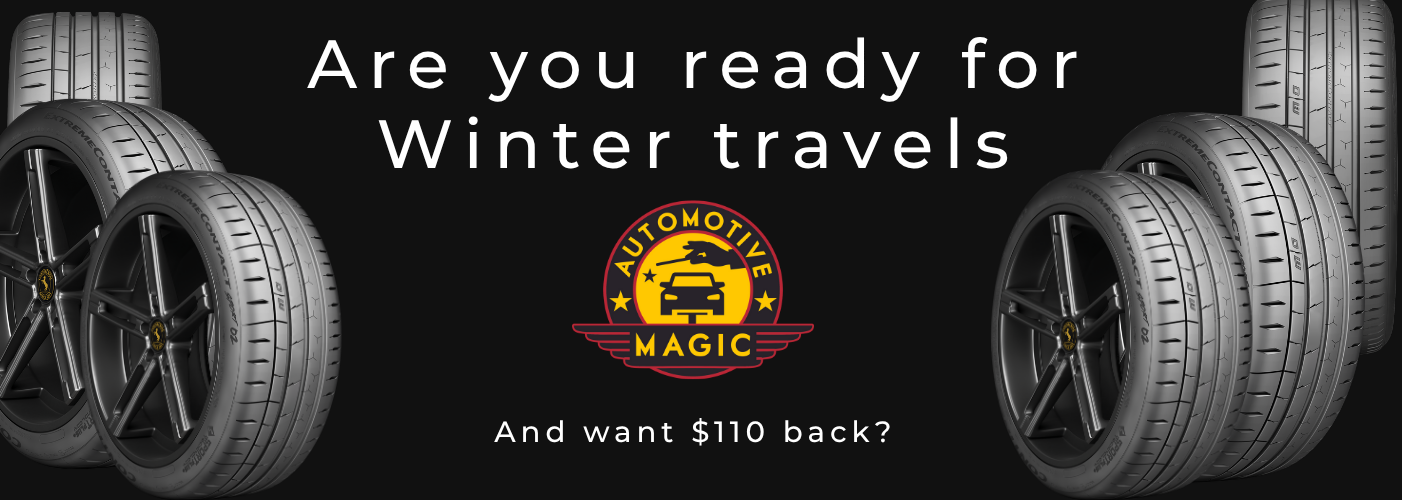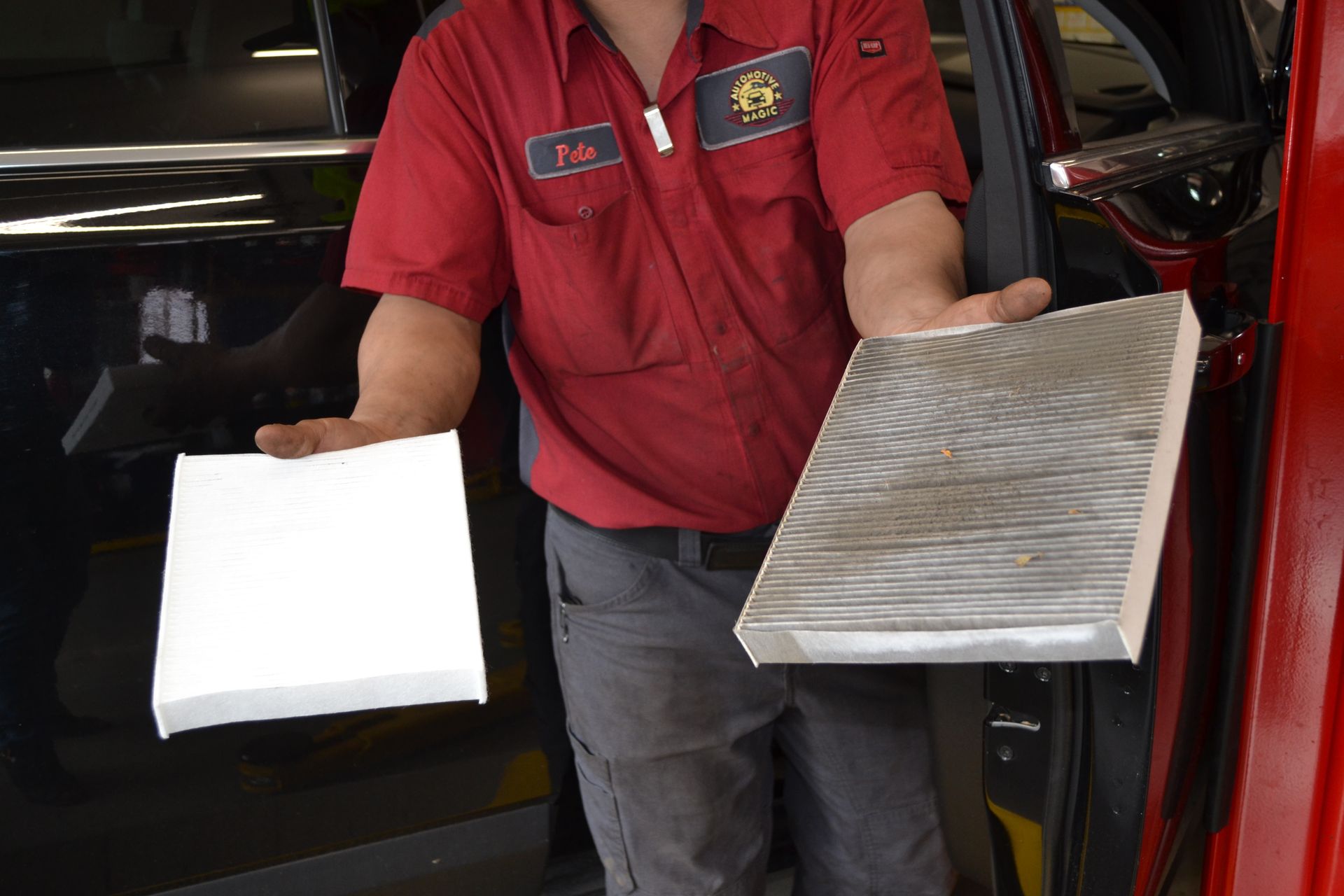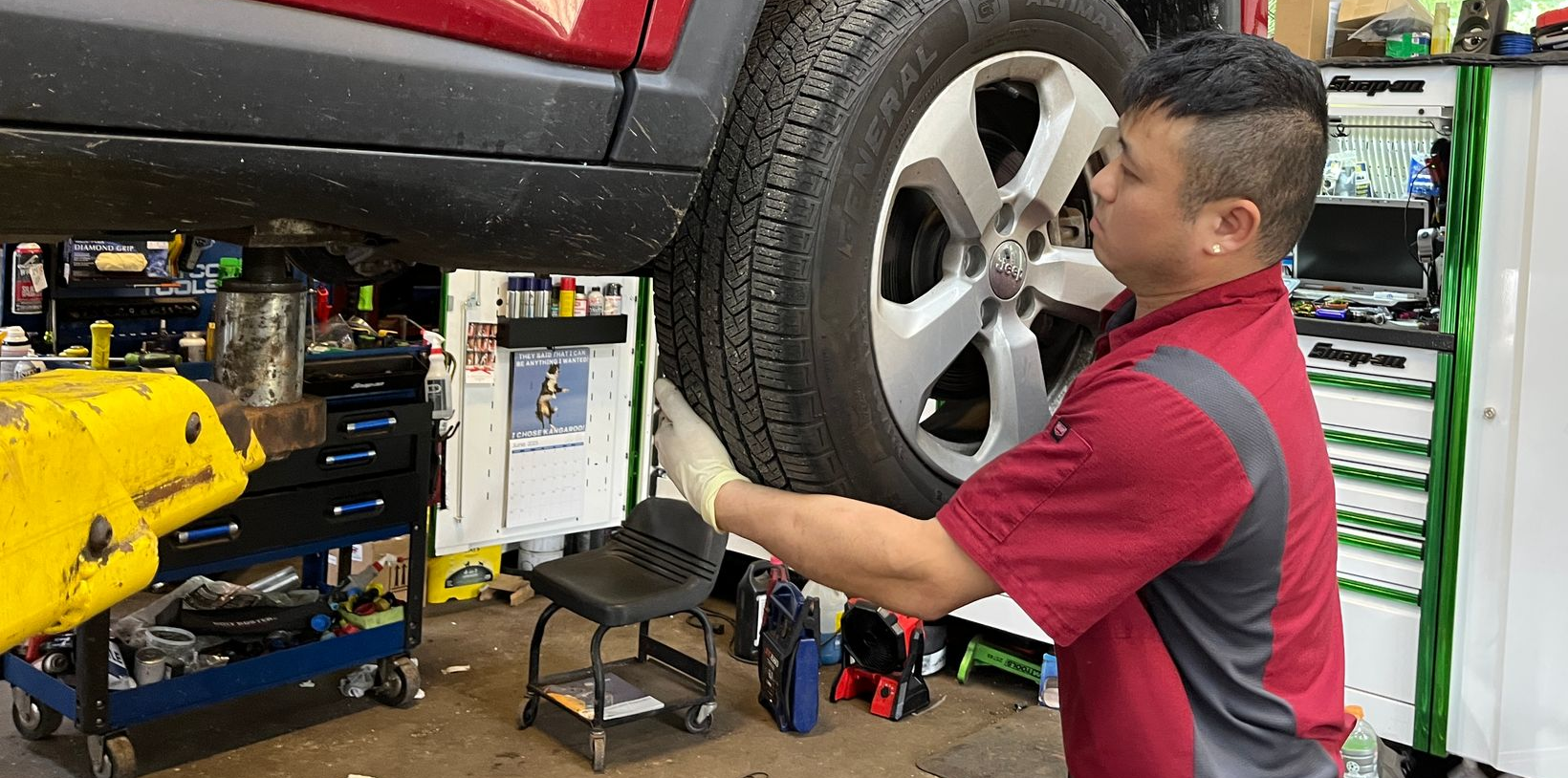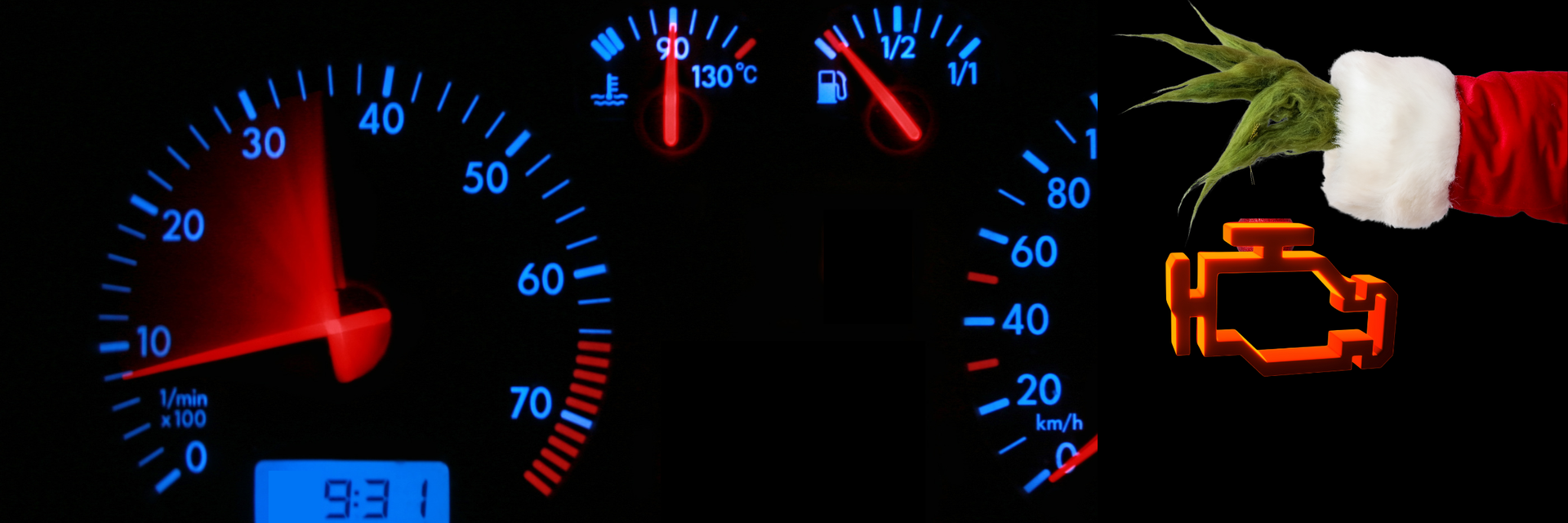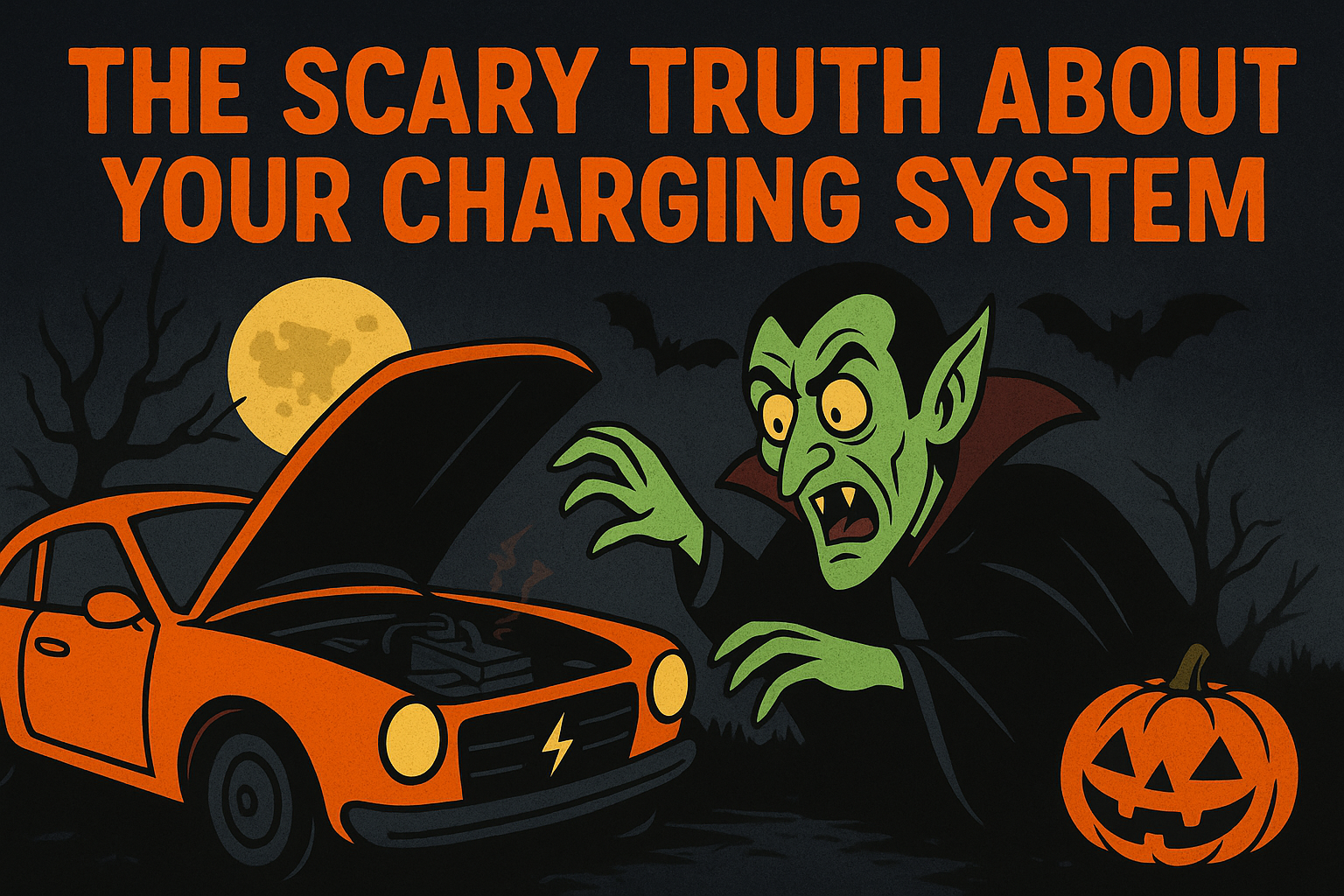Ford Timing Issues
Navigating Ford Timing and Cam Phaser Issues: Causes, Symptoms, and Solutions
If you're a proud owner of a Ford vehicle, you may have heard about the occasional stories related to the timing system. Found in many of Ford’s vehicles, the 3.5-liter Ecoboost is a V6 motor that economizes on fuel efficiency and provides a nice performance punch, making it very popular. Unfortunately, many people including us here at Automotive Magic, have recognized that the timing system on vehicles with this motor tends to have some issues. Two critical components that can encounter issues over time are the timing chain and camshaft-phasers. Ignoring these issues, if encountered, could potentially lead to catastrophic failure of the motor. In this blog, we'll explore the causes, symptoms, and solutions associated with Ford's timing chain and cam phaser issues in the 3.5-liter Ecoboost.
The timing chain is a crucial component of an internal combustion engine, ensuring that the engine's valves open and close at the right times and that the rotation of the crankshaft and camshaft is synchronized. Some vehicles come with timing belts, which need to be replaced after they are too worn. Chains, however, are theoretically supposed to be a lifetime part that doesn’t go bad. But like any mechanical system, there is always a chance problems can arise.
The cam phaser is part of the Variable Valve Timing (VVT) system, a technology designed to enhance engine efficiency and performance. Its primary function is to adjust the timing of the camshaft, ensuring optimal combustion and power delivery under different driving conditions. The timing chain is connected to the camshaft-phasers, which are connected to the camshafts.
One of the first things to mention about the issues people are experiencing has to do with a bad design on Ford’s part. In 2017 they updated these motors to have two timing chains instead of one like the previous models. The singular longer chain in the older models is more prone to stretching and wear due to its size. In the updated models, the cam phasers are equipped with a locking pin intended to secure them in place when the engine is turned off. This is a preventive measure to avoid movement during startup before oil pressure is established. Unfortunately, the locking pins in the design have proven to be a vulnerability. Consequently, these pins fail to effectively secure the cam phaser, causing it to rotate during the next engine start. Since there is no engine oil pressure in the system at this point, the cam phasers produce rattling sounds until the oil pump attains operational oil pressure.
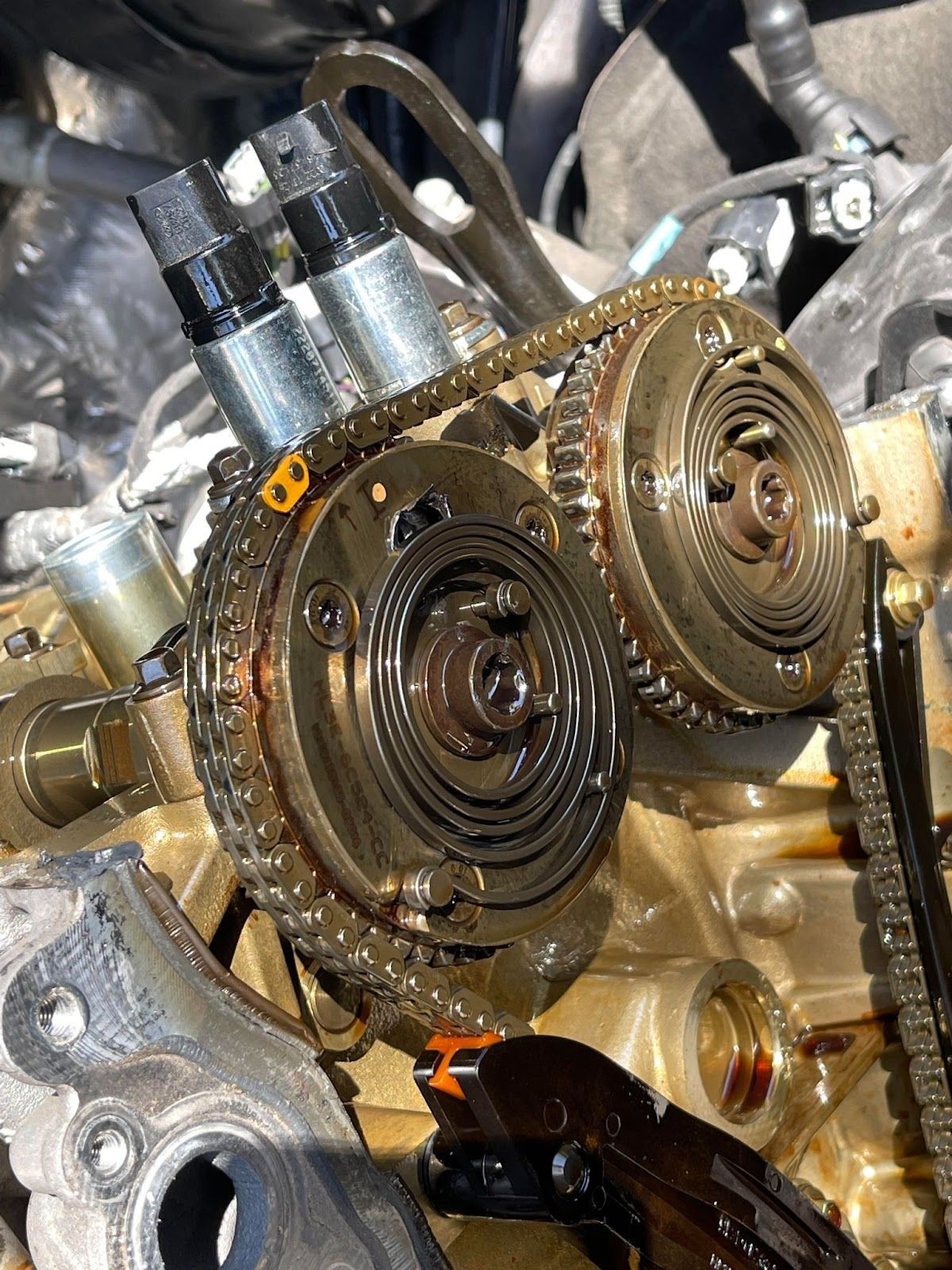
It is important to note that Ford has issued recalls for this, affecting 2017-2020 Ford F-150’s, 2018-2020 Ford Expeditions, and 2018-2020 Lincoln Navigators that use the same motor. Unfortunately, the deadline has already passed for these recalls and Ford will no longer cover the cost. The first recall was 21B10, which provided vehicle owners with an ECU (engine control unit) update that was supposed to fix the issue. While it did fix the issues for some, it created a new problem for others. Some vehicle owners had instead noticed a new knocking noise coming from the topside of the engine. This is when Ford issued the Customer Satisfaction Program 21N03 recall. This one extended the warranty on the camshaft-phasers to January 1st, 2023, and was only available to those who had brought their vehicles in for the first recall.
Besides that, several other factors can contribute to the timing chain and cam phaser issues in Ford vehicles, such as:
- Wear and Tear: Over time, the timing chain may wear out or stretch, leading to timing discrepancies. Timing Chain Tension: Cam phasers are linked to the timing chain, so problems with the tensioner can cause things like slack in the chain, which impacts the phaser's performance.
- Incorrect Timing Adjustment: Improper adjustments during maintenance or repairs can throw off the engine's timing.
- Oil Contamination/Poor Lubrication: Oil leaks, dirty oil, and overall poor lubrication can cause premature wear to the timing components, affecting their performance.
- VVT Solenoid Malfunctions: The VVT solenoid controls oil flow to the cam phaser; issues with the solenoid can affect its operation as mentioned above.
- Engine Overheating: Elevated temperatures can accelerate wear on the cam phaser.
- Driving Habits: The harder you drive your vehicle, the more quickly the internals will wear out.
- Overextending Service Intervals: Not being timely with services on your engine can cause unwanted and premature wear and tear.
Some symptoms of timing and cam phaser issues can include:
- Engine Misfires: Incorrect timing can result in misfires, causing a noticeable drop in performance.
- Strange Noises: A rattling or ticking sound, especially upon start-up or while the engine is still cold, may indicate timing chain or phaser issues. This noise will usually be most noticeable by the front of the motor, near the timing cover. It will get worse until it is constant if left untouched.
- Poor Fuel Efficiency: Timing problems can lead to inefficient combustion, reducing fuel mileage.
- Engine Stalling: In severe cases, timing issues can cause the engine to stall, leading to potential safety concerns.
- Reduced Performance: A decline in power, responsiveness, or fuel-efficiency may be linked to camshaft-phaser malfunctions.
- Check Engine Light: Abnormalities in the VVT system can trigger the check engine light.
- Rough Idling: Cam phaser issues may manifest as rough idling or stalling at low speeds.
Some preventative measures you can take to help avoid these issues include:
- Regular Maintenance: Follow the manufacturer's recommended maintenance schedule.
- Oil Quality: Make sure you get your oil changes done on time!
- Cooling System Maintenance: Prevent engine overheating and causing damage by maintaining the cooling system and addressing issues promptly.
- Professional Inspection: If you notice any symptoms of timing or camshaft-phaser issues, seek the expertise of a qualified mechanic for a thorough diagnosis and timely repairs. We’ve always got your back!
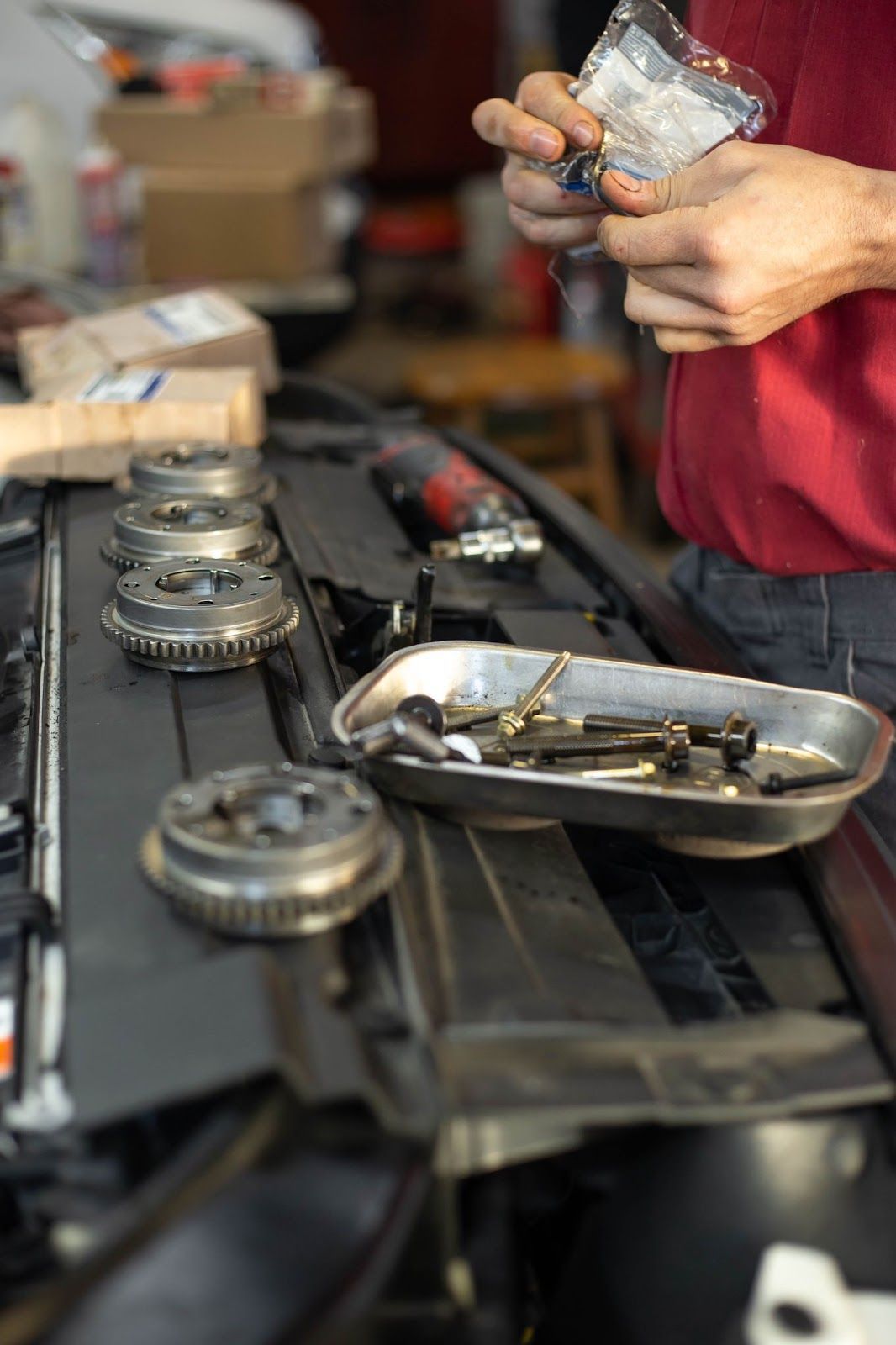
While Ford vehicles are known to be built Ford tough, it is apparent that timing and cam phaser issues can still arise for those with the 3.5 liter Ecoboost. We strongly recommend that regular maintenance is performed on time and that symptoms of a problem are addressed immediately to help ensure that your motor does not fall victim to catastrophic failure. With the Ford recalls unfortunately out of date, vehicle owners will now have to resort to getting these issues fixed on their own.
We’ve done quite a few of these now here at Automotive Magic, and we are confident in our abilities to help those who are facing these problems fix their vehicles the proper way. Now that you know what to look out for and the possible consequences of ignoring it, we hope you are better prepared to take on this issue if it arises. If you are experiencing any issues and want to get them checked out or fixed, remember we’re happy to help and just one phone call away! And don’t forget, a well-maintained engine translates to a smoother and more enjoyable driving experience!

Shawn Gilfillan is the dedicated owner of Automotive Magic in Kenvil, NJ. With over two decades of experience, Shawn has led his team in providing expert auto repair and service since 2003.
In 2022, Magic Lube & Rubber was born in Lake Hopatcong, NJ. Committed to fostering strong community ties and supporting team development, Shawn prioritizes customer satisfaction above all. As a proud family man and long-time resident of Roxbury, NJ, Shawn brings a blend of professionalism and warmth to his business.
Trust Shawn and his team for all your automotive needs with confidence and assurance.
